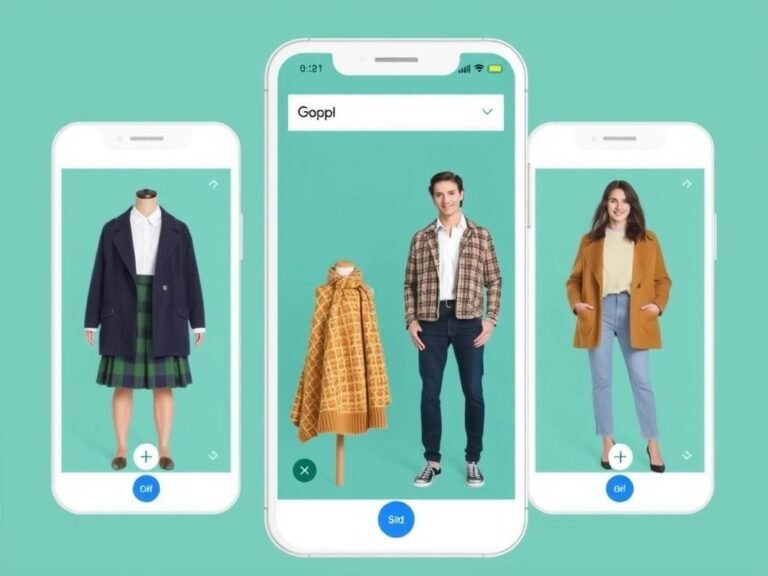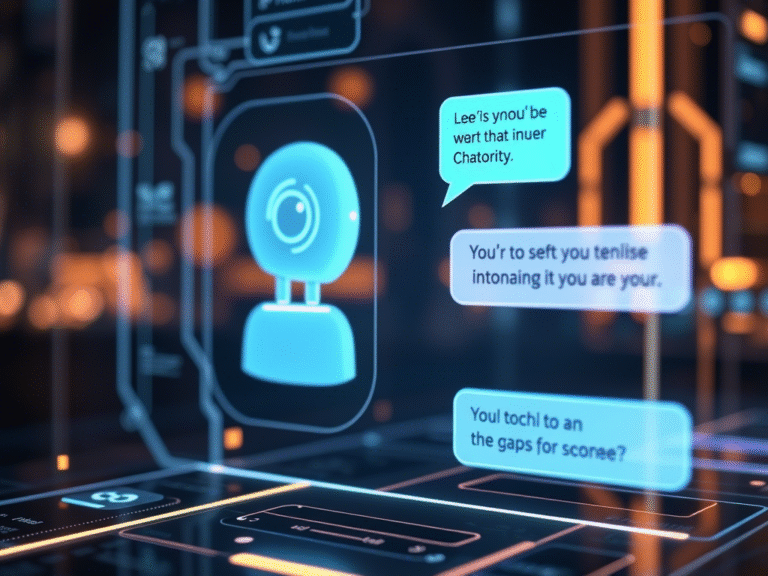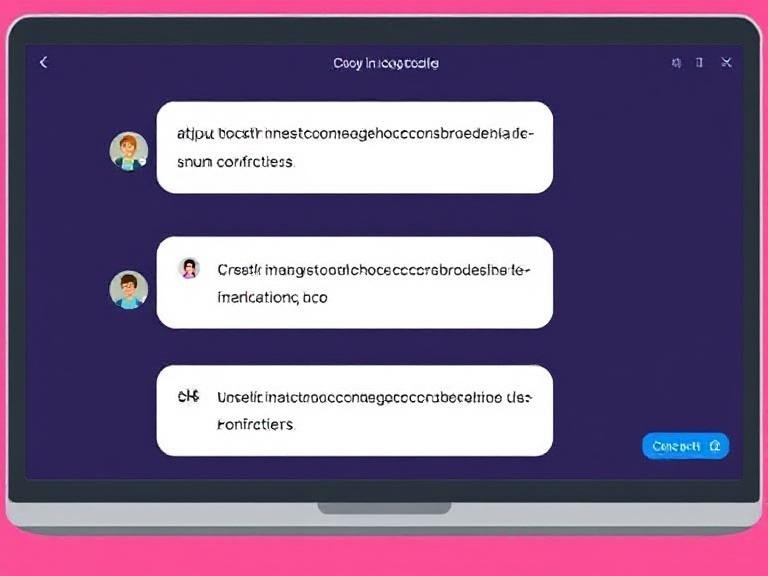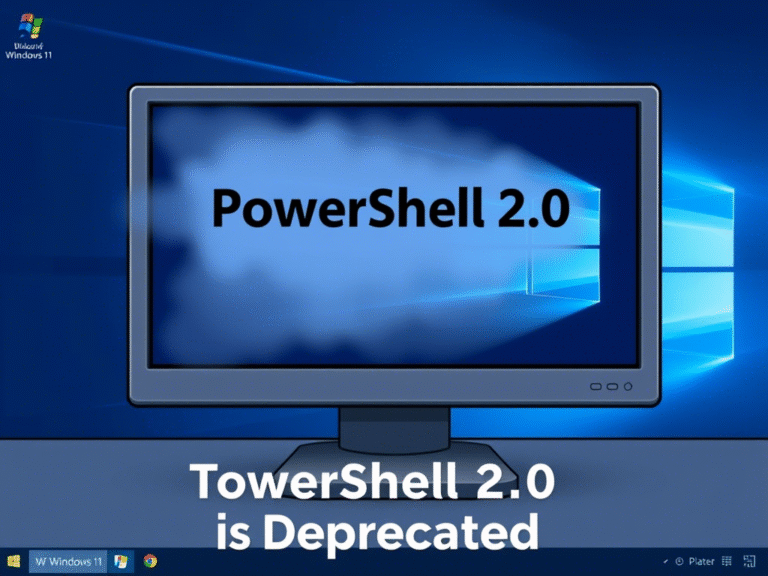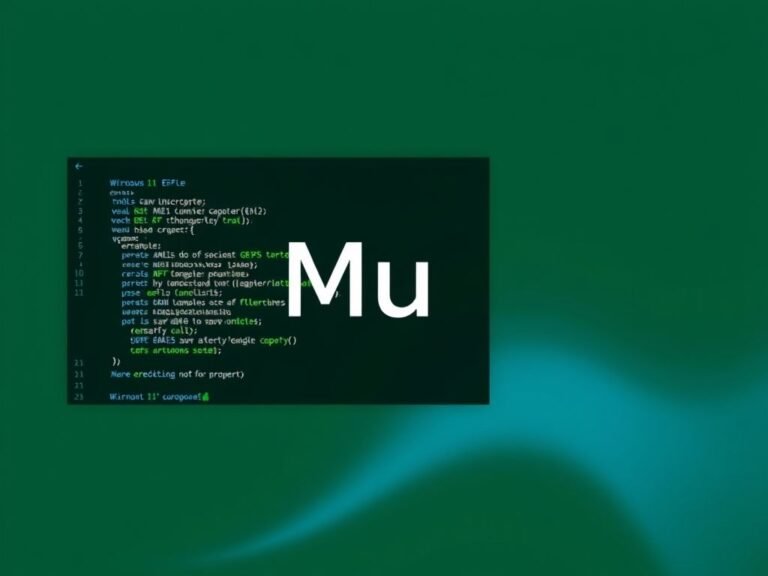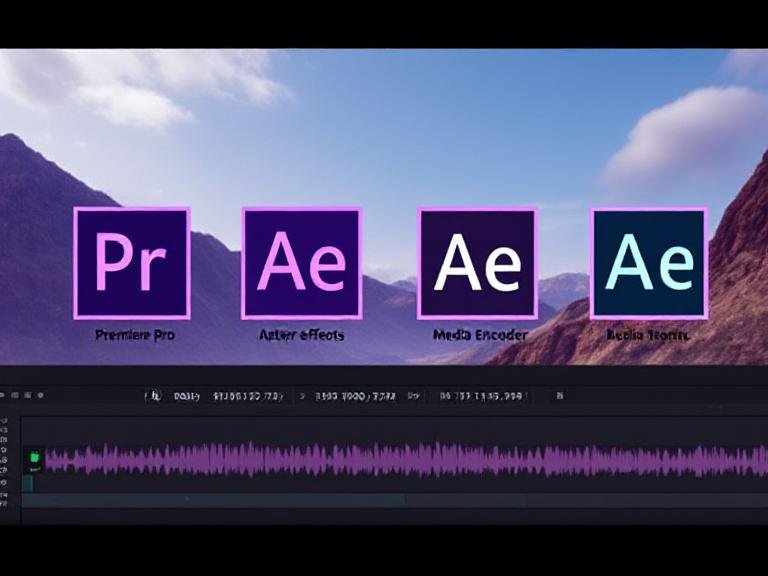While Apple Waits, Google Launches: Pixel 10 Ads Highlight AI Lead
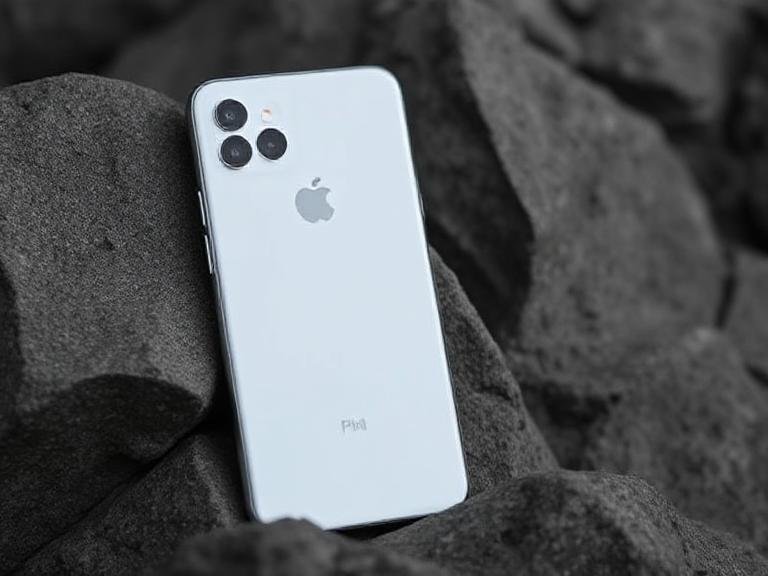
While Apple Waits, Google Launches: Pixel 10 Ads Highlight AI Lead
With the Pixel 10 launch just weeks away, Google isn’t just building hype — it’s sharpening its knives.
The company has just dropped a 30-second ad that, while never mentioning Apple by name, lands a clear punch at the heart of Cupertino’s biggest current weakness: its delayed and faltering AI rollout. The message? While some companies promise AI “coming soon,” Google’s Pixel 10 already delivers it — today.
“If you buy a new phone because of a feature that’s coming soon… but it’s been coming soon for a full year, you could change your definition of ‘soon’… or you could just… change your phone.”
That closing line, delivered in a calm, almost playful tone, cuts deep — especially given Apple’s current predicament.
The Irony Behind “Apple Intelligence”
Apple introduced Apple Intelligence with massive fanfare at WWDC 2024, positioning it as the crown jewel of iOS 18, iPadOS 18, and macOS Sequoia. The promise? A smarter, context-aware Siri capable of understanding user intent and acting across apps — a true generative AI leap.
But nearly a year after the announcement, key features are still missing. The advanced Siri upgrades have been delayed into 2025, and reports now suggest Apple is in talks with OpenAI and Anthropic to outsource parts of the AI engine — a surprising move for a company that prides itself on full-stack control and on-device privacy.
Internal complaints from late 2023 already revealed that Apple engineers felt the company was years behind Google and Meta in AI development. Now, those concerns are playing out in public.
Brain Drain: Apple Losing Talent to Rivals
The problem isn’t just technical — it’s human.
Apple has been hemorrhaging top AI talent to competitors, most notably Meta, which has aggressively recruited key players from Cupertino. Among them: Ruoming Pang, former head of Apple’s foundation models team, reportedly lured away with a compensation package exceeding $200 million.
This kind of poaching isn’t just a blow to morale — it slows down innovation at a critical time. While Google continues refining its Tensor G5 chip and on-device AI for the Pixel 10, Apple is scrambling to catch up, even as it faces internal skepticism and external pressure.
A History of Subtle (and Not-So-Subtle) Shots
This isn’t Google’s first time targeting Apple in its marketing.
- In past campaigns, Pixel ads highlighted Night Sight superiority, mocking iPhones for failing in low light.
- The Pixel 5a ad famously parodied Jony Ive’s iconic minimalist narration, building suspense around “the perfect circle” — only to reveal it was the 3.5mm headphone jack, a feature Apple removed years earlier.
The new ad follows that same playbook: polished, witty, and packed with subtext. It doesn’t need to name Apple. The audience already knows who it’s talking to.
Timing Is Everything
The ad dropped just days after Apple CEO Tim Cook declared during the company’s Q3 2025 earnings call that “Apple must win in AI.”
That statement, meant to rally confidence, now feels like a defensive stance — especially with Google already shipping AI features like real-time photo editing, live call screening, and offline voice processing on current Pixel devices.
For the Pixel 10, Google is promising even more: 12GB of RAM (base model), a four-tier lineup (Pixel 10, 10 Pro, 10 Pro XL, and 10 Pro Fold), and deeper integration of AI into everyday tasks — all powered by the next-gen Tensor G5 chip.
What This Means for the AI Smartphone Race
Google’s latest move isn’t just about selling phones.
It’s about shaping the narrative.
In the battle for AI dominance, perception matters. While Apple talks about future promises, Google is showing real, usable features — and reminding consumers that waiting a year for “coming soon” might not be worth it.
And with the Pixel 10 launch just around the corner, this ad isn’t just a jab.
It’s a statement of momentum.
✅ Bottom Line
Google didn’t need to say “Apple” in the ad.
The context said it all.
As AI becomes the defining feature of the next smartphone era, who delivers first — and who delivers reliably — will win. And right now, Google wants the world to know: Pixel isn’t waiting.
